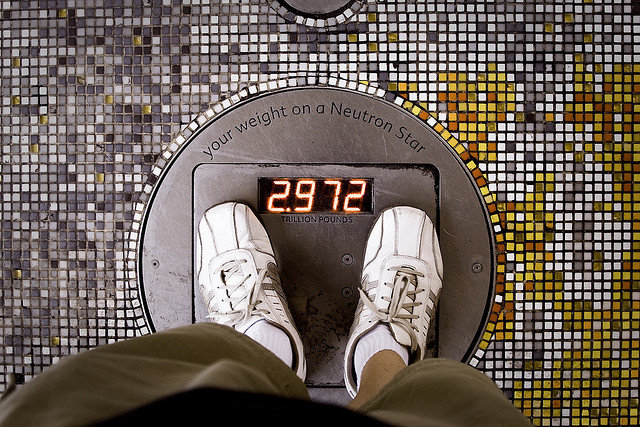Latest research: Why stubborn fat is getting harder to shift
There’s new research out regarding fat, diets and weight loss. It’s entirely possible the food (and the diet) industry has got the wrong end of the doughnut when it comes to the underlying thinking around fat. Well respected cosmetic surgeons like Dr Joseph Ajaka offer us the latest research on why most people find that getting rid of fat is extremely difficult – and getting harder. Dr Ajaka and other leading experts are closely following new information regarding the causes of what many in the media call the obesity epidemic.
Energy Distribution
It’s possible that eating certain types of highly refined carbohydrates causes your body to feel hungrier. These types of carbohydrates are processed quickly by the body, producing high levels of insulin, which in turn make it easy for cells to absorb glucose. Rather than the calories delivering energy to the body’s nerves, brain, bones, muscles, etc; the proceeds of the food intake are directed to storage; essentially a ‘mis-file’ of resources. It’s not that your body didn’t take in enough energy; it’s just that it went to the wrong place and rather than using up the stored metabolic proceeds of ingestion, your body’s biological response is hunger; the call for more fuel. The consequence is that people eat more of the same carbohydrates to satisfy that hunger, and get fatter.
The Link To Insulin
While the storage of fat cells in the body can be affected by many factors, the impact of insulin is a major component. It’s already well known that highly processed carbohydrate-rich foods contain the most insulin of any dietary component – and these kinds of foods are more prevalent in people’s diets than ever before. They have, in fact, often replaced fats in so-called low fat diet foods like weight loss cereals and fat-free sausages. Studies indicate that low fat diets are far less effective than ones targeting a decrease in highly processed, rapidly metabolised carbohydrates.
Old News
There has long been a link between insulin and fat gain or loss; this is not news. Nor, really, is the idea that people eat more because they’re already obese. In fact, as early as 1908 a German doctor put forward a theory that obesity was the result of some kind of metabolic mayhem. The idea that people could not consciously manage their own weight was not well received then – and it is not popular now. Believing in calorie counting as an effective weight management tool offers many the illusion of control – but there is little actual proof that such an approach really works.
Should this alternative way of examining weight loss prove correct, it will make a big difference in the lives of many. Not only could millions of people finally achieve lasting results for themselves, but entire national health budgets could feel the difference. There is a call for more, and better, research to examine this new theory, and on the strength of the supporting evidence it would seem at least to merit further study.
Do you find it harder to lose weight each time you try? Let us know your thoughts in the comments box below.



